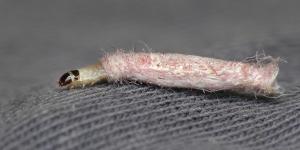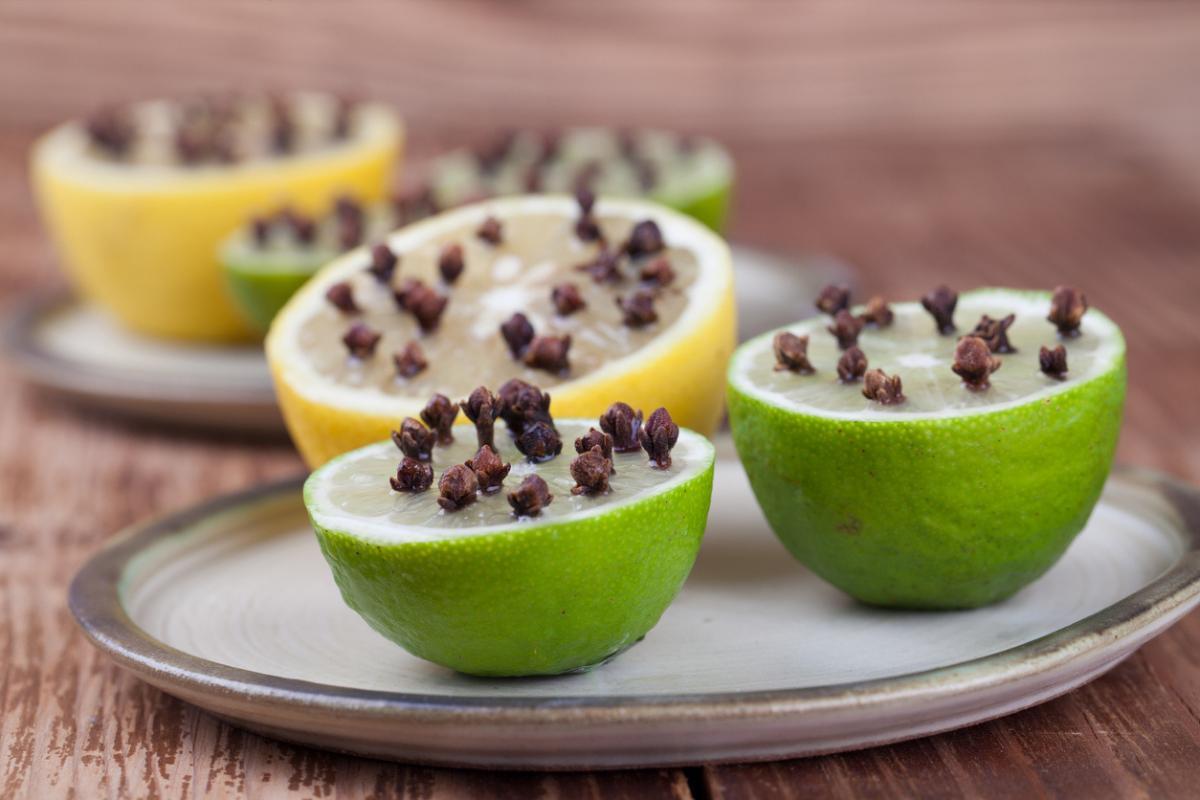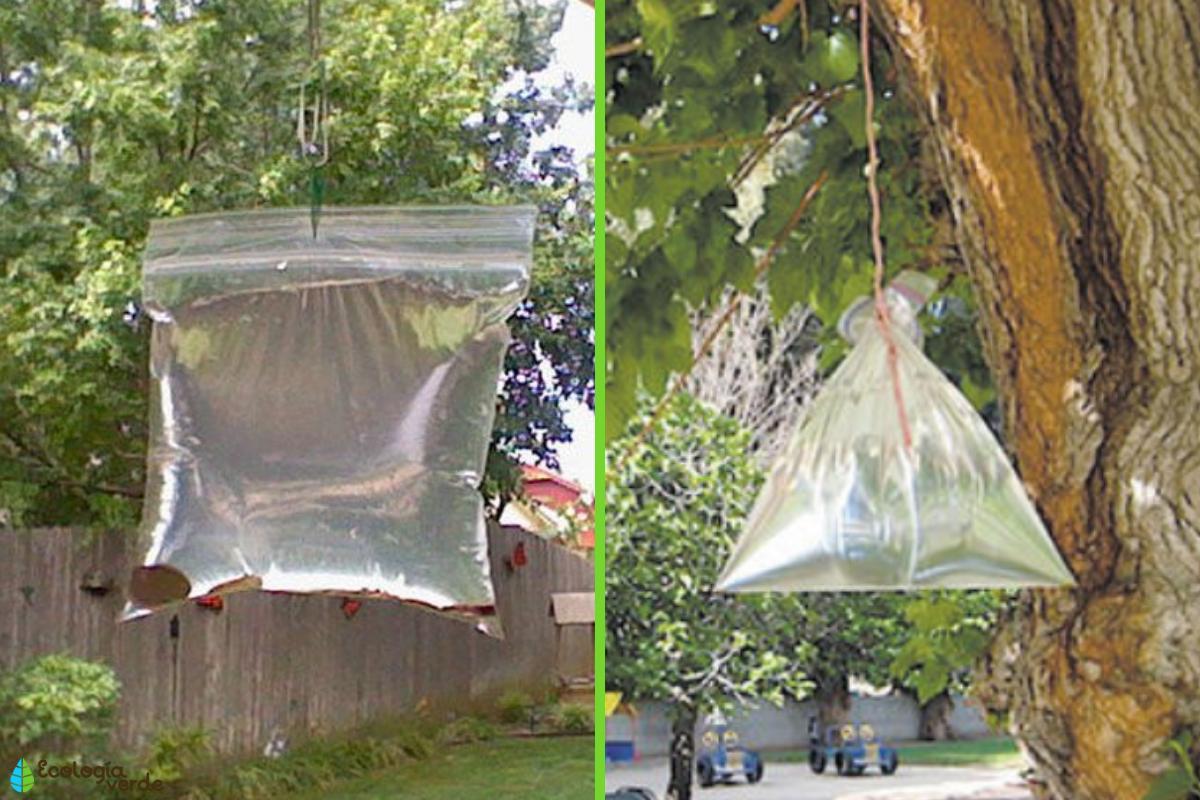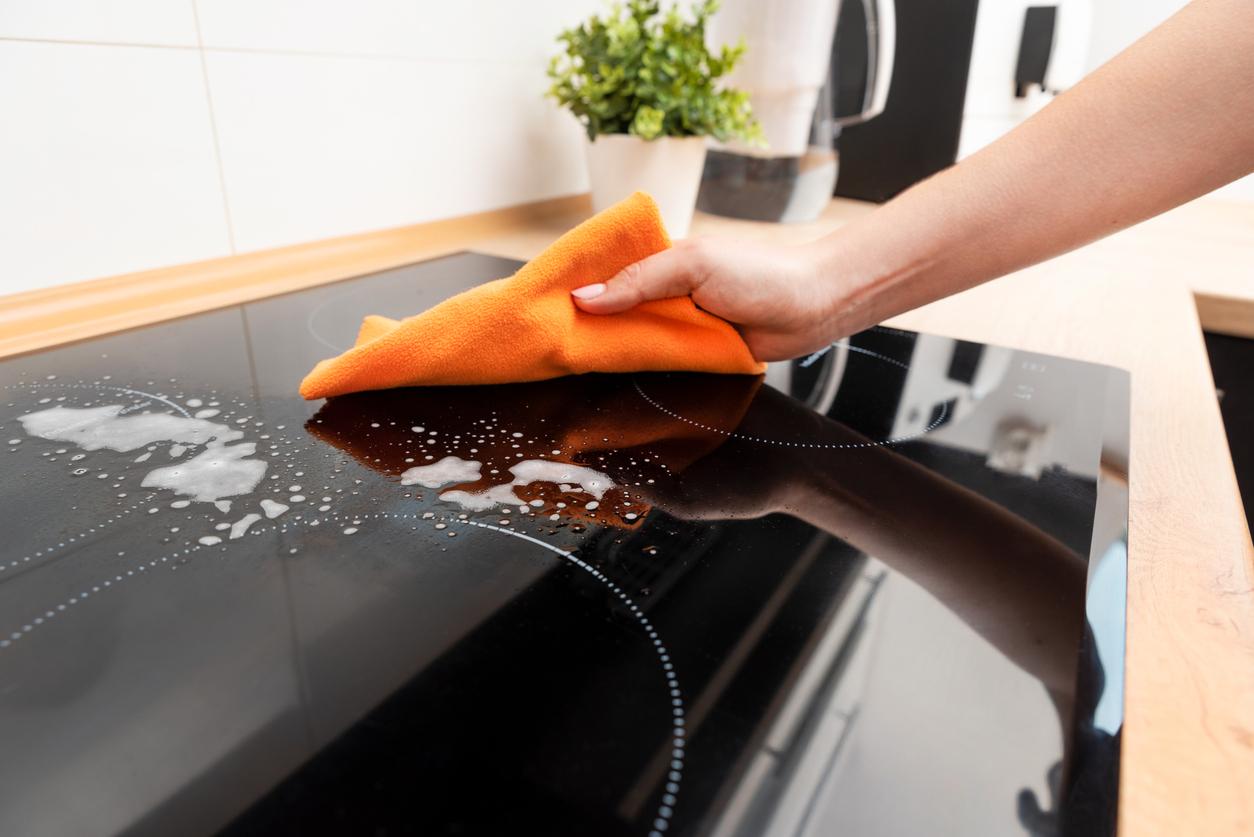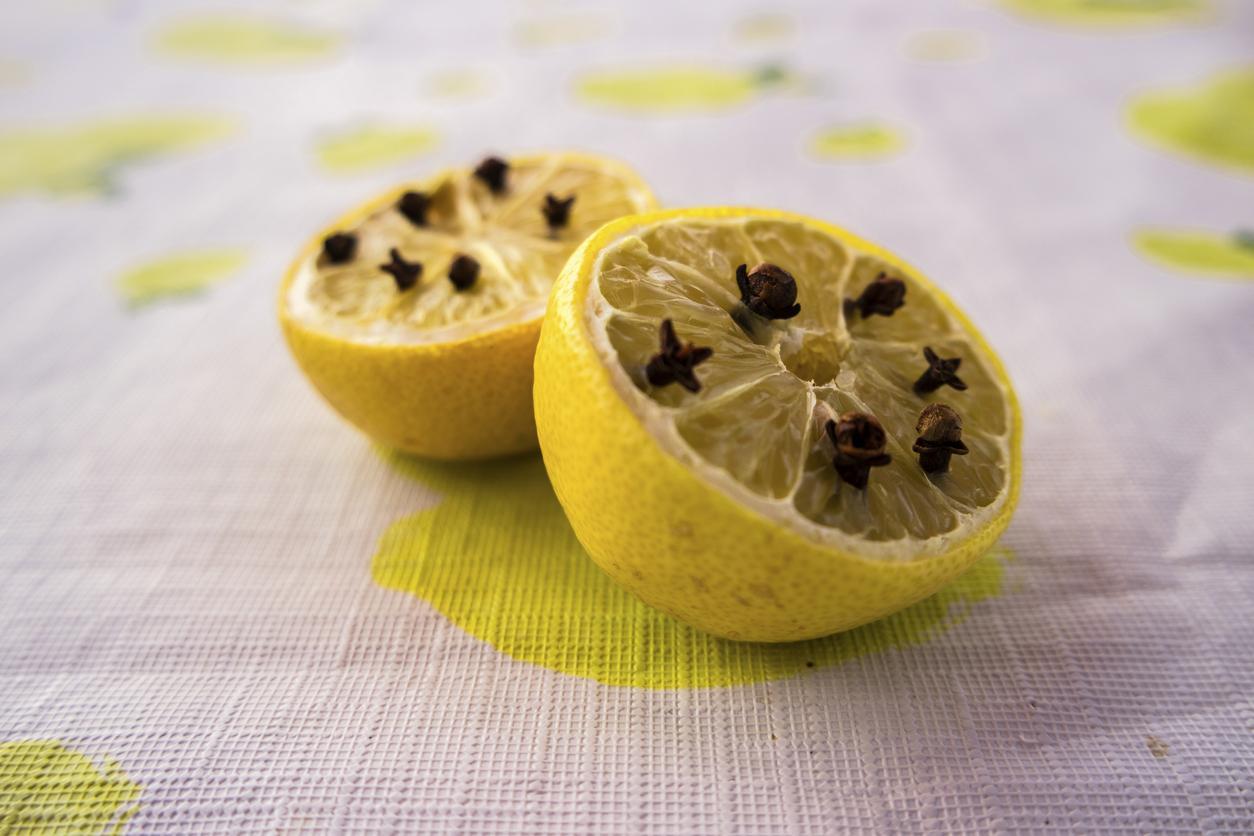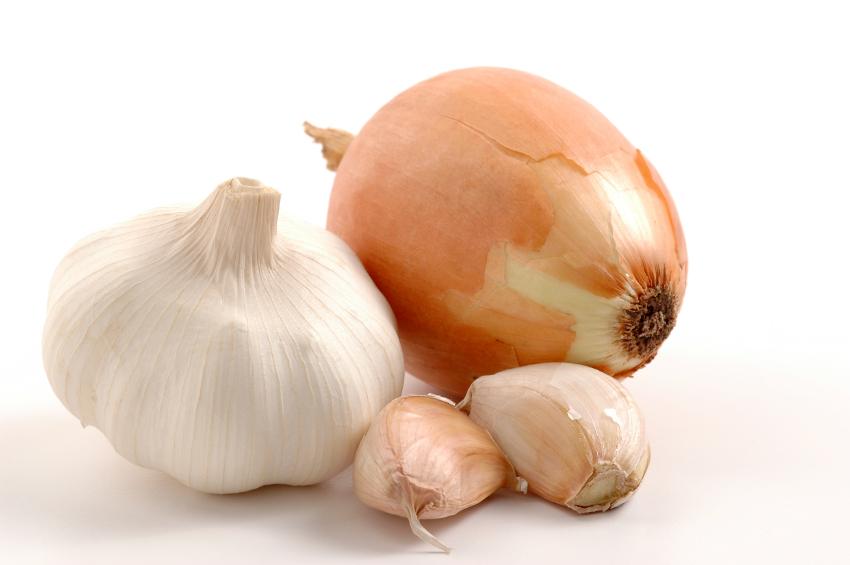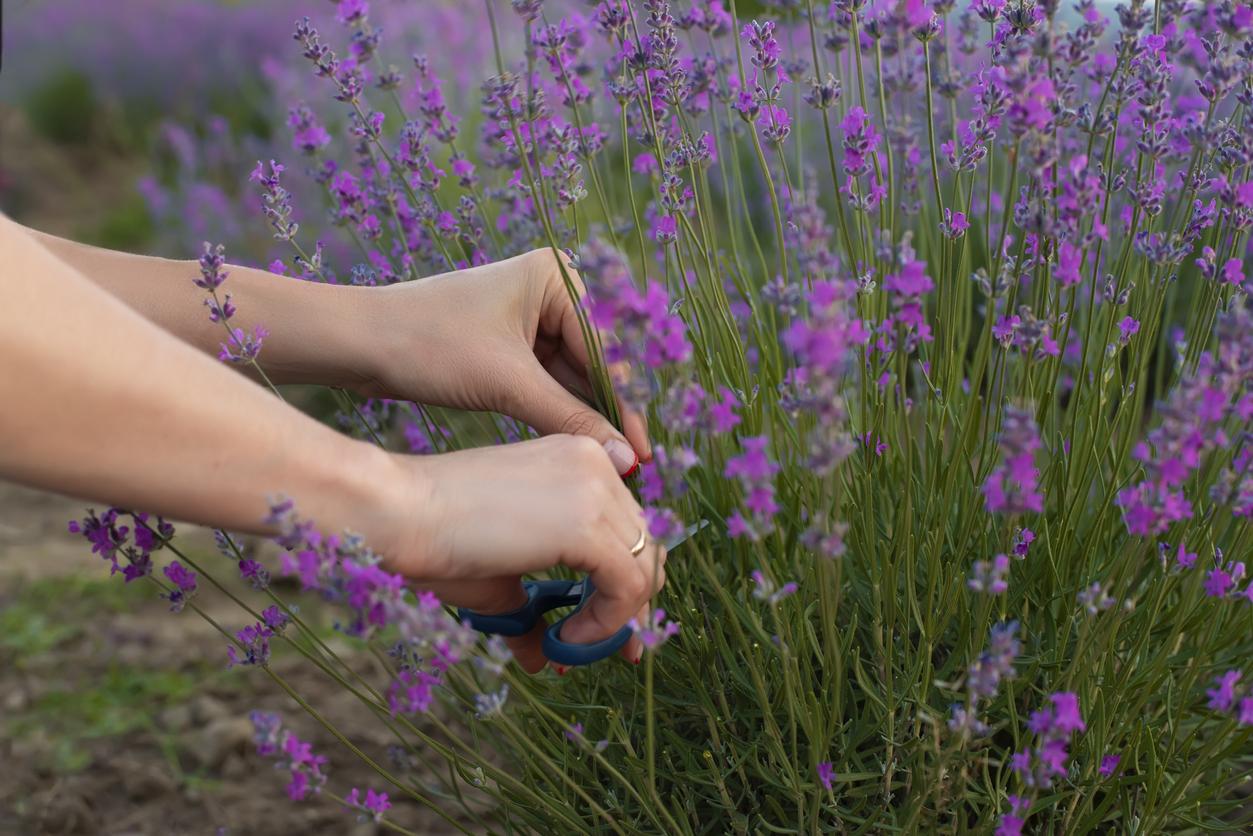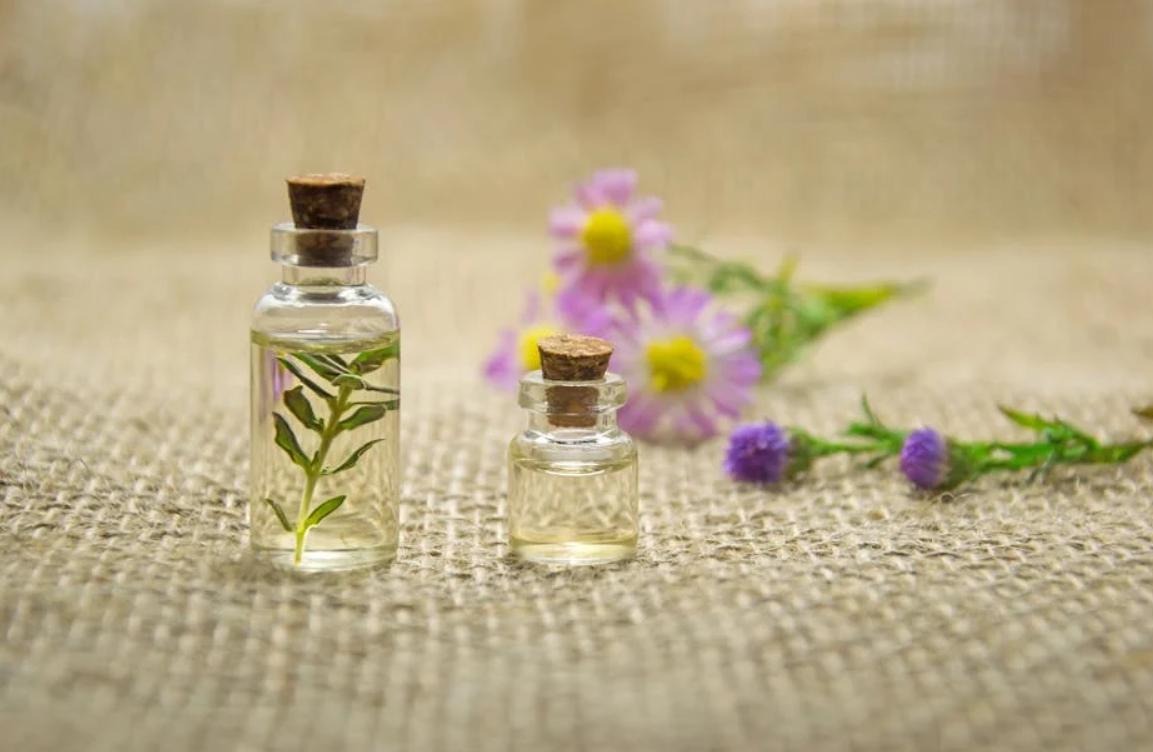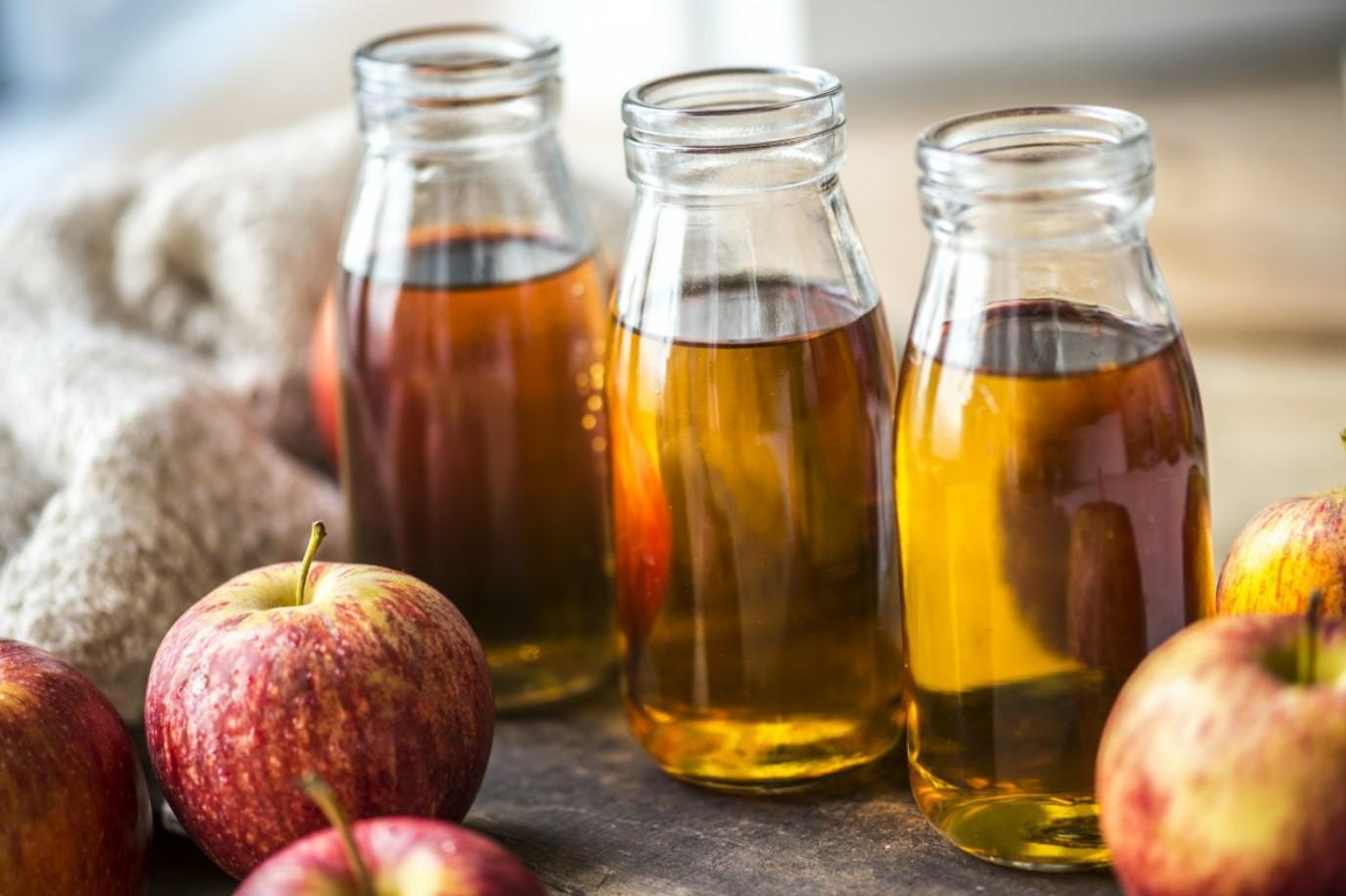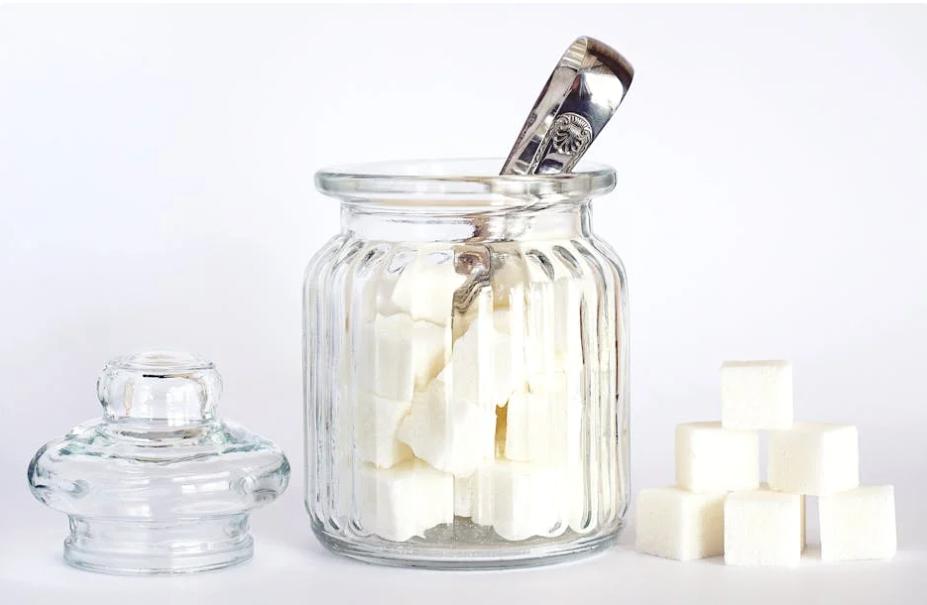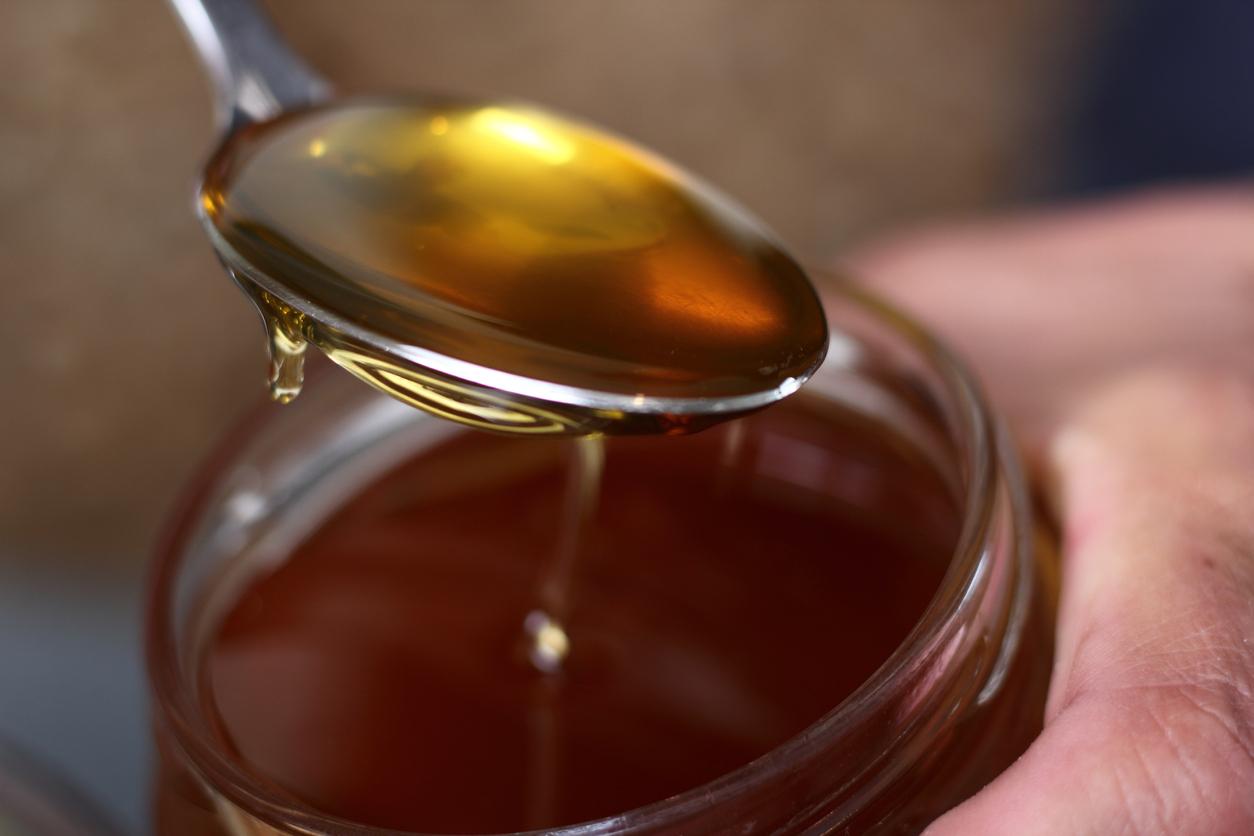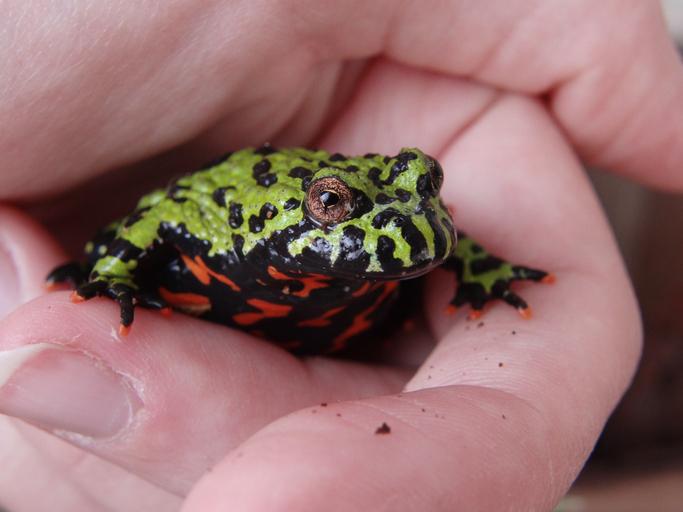Best Home Remedies for Flies


Flies are common household pests that can rapidly infest homes and gardens. These adaptable insects thrive in diverse environments, from urban areas to rural settings. Beyond being annoying, flies pose significant health risks due to their unsanitary feeding habits. They are known carriers of various diseases. Fortunately, there are numerous effective and environmentally friendly ways to deter and eliminate them.
Discover 10 effective home remedies to banish flies in this thedailyECO article.
- Water bags
- CDs or mirrors
- Thorough cleaning
- Lemon and cloves
- Garlic cloves
- Aromatic plants
- Essential oils
- Apple cider vinegar
- Water and sugar
- Honey
- Biological control
Water bags
One classic and natural method for repelling flies involves using transparent plastic bags filled with water, often seen hanging on bar terraces or home balconies.
This seemingly simple technique is effective for several reasons. As light passes through the water-filled bags, it creates reflections and flashes that disorient flies, disrupting their vision and navigation. Although flies are attracted to moist environments, these light reflections are irritating to them and encourage them to seek other areas. This method is not only a practical deterrent but also minimizes harm to the environment.

CDs or mirrors
In the digital age, CDs have become nearly obsolete, much like old cassette tapes. However, they still have a practical use, particularly for repelling flies outdoors. By hanging CDs from a ceiling or clothesline, you can create an effective deterrent. Mirrors can also be used in this setup.
As the wind moves the CDs or mirrors, light reflects off their surfaces, similar to the effect created by water-filled plastic bags. These reflections can disorient flies and other animals, such as birds, keeping them away from your outdoor spaces.

Thorough cleaning
The common housefly (Musca domestica) has evolved to coexist with humans, relying on our discarded food and waste for survival. To keep these pesky intruders at bay and prevent them from multiplying in your home, follow these essential cleaning tips.
- Ensure all surfaces, particularly those used for food preparation, cooking, or storage, are kept clean and free of residues.
- Take out the trash regularly, seal bags tightly, and keep your rubbish bin closed and clean to minimize attractants.
- Promptly clean up any pet feces or urine, as these can attract flies.
- Prevent fly-friendly environments by draining or drying any stagnant water and repairing leaks in faucets or pipes.
It's important to remember that flies can rapidly spread germs. To protect yourself and your loved ones, maintain strict hygiene practices when dealing with a fly infestation.

Lemon and cloves
A traditional and effective homemade fly repellent involves using lemon or other citrus fruits combined with cloves. Here's how you can prepare this natural deterrent:
- Take a fresh lemon and cut it in half.
- Insert eight to ten cloves (the spice, not the hardware) into each lemon half.
- Position the lemon halves near windows, crawlspaces, or other entry points where flies might enter your home.
The combination of citrus and cloves produces a scent that repels flies. While the aroma is pleasant to us and can act as a natural air freshener, it effectively deters flies.
However, be aware that lemons dry out quickly, and their effectiveness diminishes if not replaced within 48 hours.

Garlic cloves
Garlic is another well-known natural repellent for flies, thanks to its strong odor that effectively drives them away. To use garlic as a fly deterrent, follow these simple steps:
- Peel a clove of garlic.
- Position the garlic clove near windows, entry points, or areas where you want to keep flies away.
While garlic has a less pleasant smell compared to lemon, it offers the advantage of a longer-lasting effect. Unlike lemon, garlic does not dry out as quickly and continues to emit its strong odor for an extended period.
To maintain its effectiveness, you can occasionally cut the garlic clove to release more of its potent aroma. This makes garlic a durable and effective option for repelling flies.
Curious about the strange habits of flies? Learn why they rub their hands together and what it means in our fascinating exploration.

Aromatic plants
Gardening enthusiasts have long recognized the benefits of using aromatic plants to deter flies, mosquitoes, and other insects. Planting varieties such as citronella, lavender, or eucalyptus can be highly effective. Here’s how you can make the most of these plants:
- Place pots of aromatic plants near windows and entrances or plant them in key areas of your garden. Their strong scents will help keep insects at bay.
- Citronella, lavender, and eucalyptus are particularly effective, but nearly any aromatic plant can serve as a natural insect repellent.
- Not only do these plants deter pests, but you can also harvest their leaves for use in cooking, adding a delightful flavor to your dishes.
While these plants delight our senses with their fragrant blooms, their aromatic properties also act as a natural deterrent for pesky insects. This makes them an ideal, eco-friendly choice to enhance your outdoor living space while keeping unwanted bugs at bay.

Essential oils
Aromatic plants are not only effective in their natural form, but their essential oils are even more powerful for repelling flies and insects due to their concentrated nature. Here's how you can utilize essential oils to keep bugs at bay:
- Use essential oils in burners placed in entrance areas or where you want to deter insects.
- If you don’t have an oil burner, soak cotton balls or strips of fabric in essential oils. Place or hang these in the desired areas to keep insects away.
- For both methods, remember to refresh the cotton balls or fabric strips when they dry out and add more oil to the burners as needed to maintain their effectiveness.
Eucalyptus oil, distilled from the eucalyptus plant, is a potent natural fly repellent. Discover more about this versatile plant in this other article.

Apple cider vinegar
Apple cider vinegar is a surprising yet effective tool in the battle against flies. Its strong odor attracts these pesky insects, making it an ideal bait for a homemade trap. How to make an apple cider vinegar fly trap:
- Choose a container, a jar or glass is ideal.
- Fill the container with approximately 2 centimeters (about an inch) of apple cider vinegar.
- Add a drop or two of dish soap, which will break the surface tension of the vinegar, preventing flies from escaping once they land.
- You can add a piece of fruit or a drop of honey to increase the trap's attractiveness.
- Stretch plastic wrap over the top of the jar and secure it with a rubber band. Poke a few small holes in the plastic wrap to allow flies to enter.
- Place the trap near areas where flies tend to congregate, such as near garbage cans, fruit bowls, or windows.
While apple cider vinegar is effective at trapping flies, it may not completely eliminate a fly infestation. For more persistent problems, consider combining this method with other pest control strategies.

Water and sugar
While water and sugar alone aren't the most effective fly repellents, they can be part of a fly trap. The sweet scent attracts flies, but it's the combination with other ingredients that makes the trap truly effective. Here is how to do it:
- Choose a container with a wide mouth, such as a jar or bowl. Fill it about halfway with water.
- Stir in a generous amount of sugar until it dissolves. The sweet solution will attract flies.
- Add a drop or two of dish soap to the mixture. This reduces the surface tension of the water, making it difficult for flies to escape once they land.
- Position the trap near areas where flies tend to gather, such as near garbage cans or fruit bowls.
This method may not be as effective as using apple cider vinegar, but it can be a budget-friendly option.

Honey
Honey is an excellent attractant for flies. Its strong, sweet aroma is irresistible to these pests. You can use it similarly to sugar and water, but honey is even more effective. Here is how to do it:
- Choose a container such as a jar or bowl.
- Pour a generous amount of honey into the bottom of the container. For extra effectiveness, you can warm the honey slightly before adding it to the trap. This will make its aroma stronger and more enticing to flies.
- Add a drop or two of dish soap to reduce the surface tension of the honey.
- Position the trap near areas where flies are a problem.
While honey is a powerful attractant, it's also sticky and can be messy. Be careful when handling the trap and cleaning up any spills.

Biological control
If you're in an area that experiences frequent fly infestations, especially during temperate and hot seasons, biological pest control is the most eco-friendly approach to managing pests. This method involves encouraging the presence of natural predators that feed on flies and other insects, thereby reducing their population without harming the ecosystem.
To implement biological pest control effectively, create a supportive environment for these beneficial animals. Insectivorous birds, frogs, toads, dragonflies, and lizards are excellent natural predators of flies. By providing a habitat that supports these creatures and avoiding actions that might harm them, you can help them thrive and keep fly populations in check.
Think you’ve got a handle on flies? Learn more about their life cycle and how long they persist in our in-depth article

If you want to read similar articles to Best Home Remedies for Flies, we recommend you visit our Natural remedies category.



